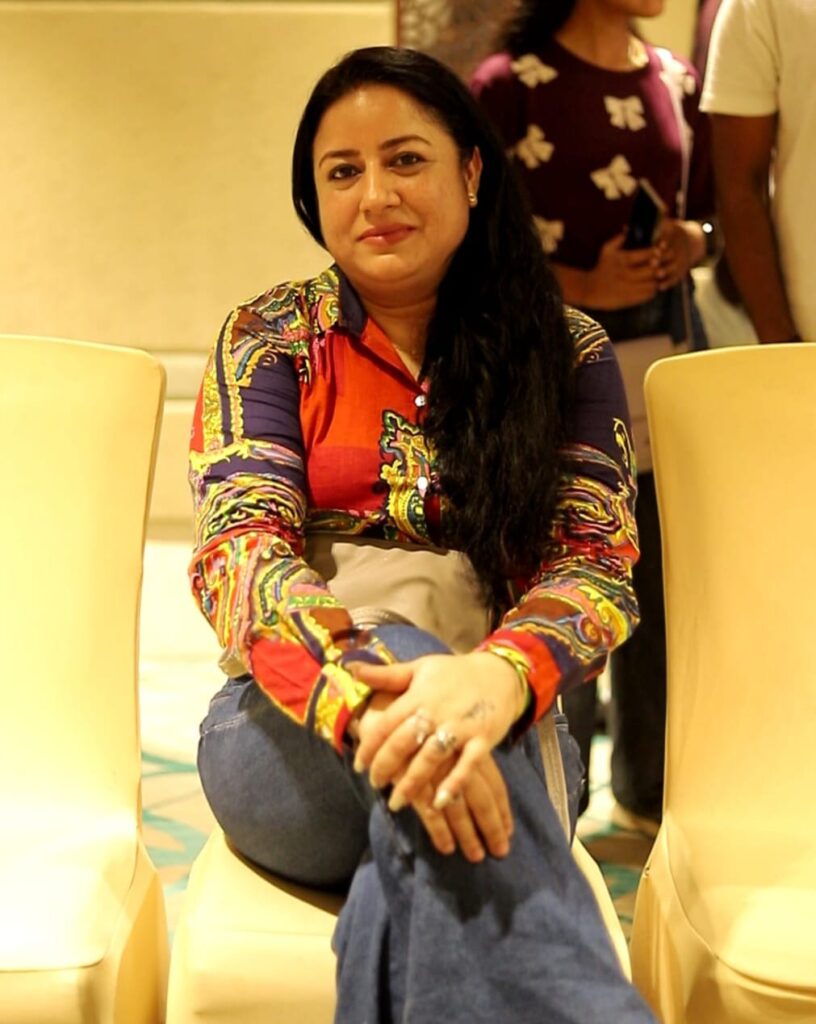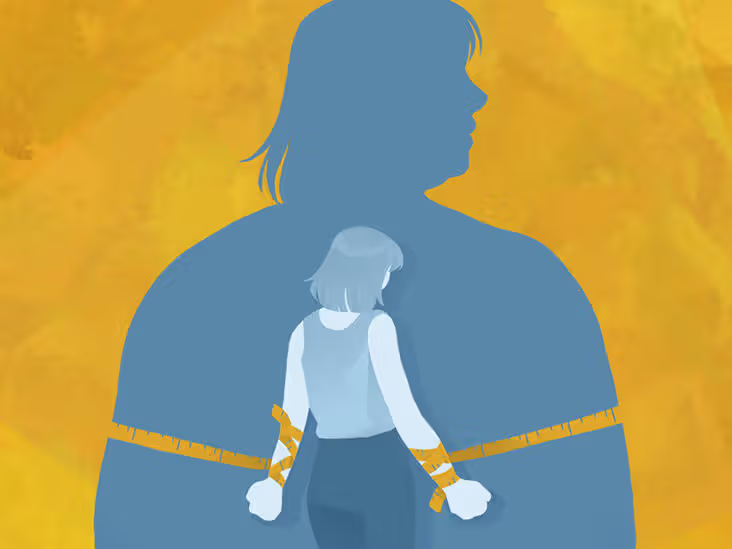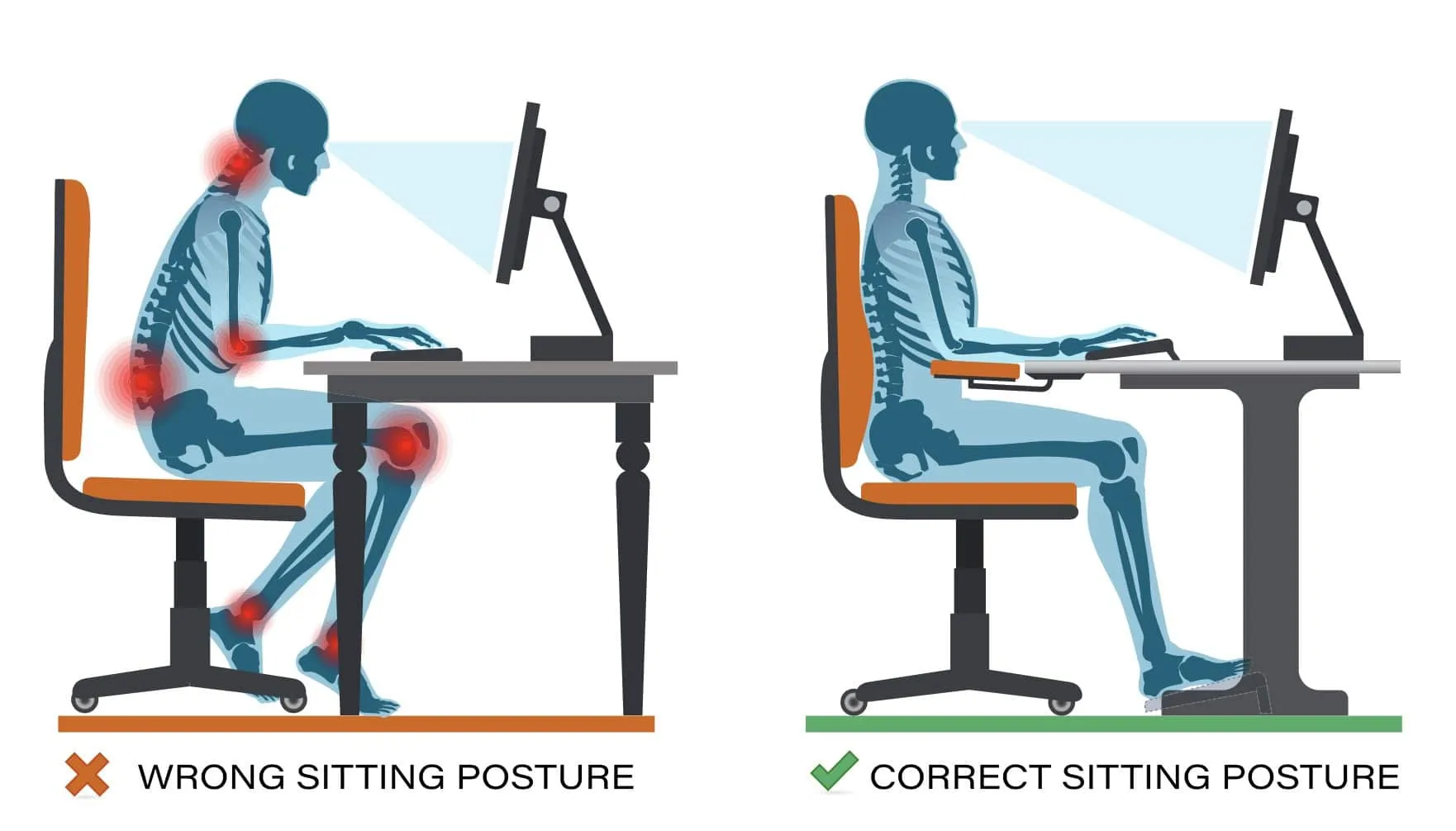Now Reading: Why Most Diets Fail in Indian Households
-
01
Why Most Diets Fail in Indian Households
Why Most Diets Fail in Indian Households

Every few months, new diet plans trend on social media, and many Indian families try to follow them with enthusiasm. Yet, within weeks, most of these diets fade away, leaving people frustrated. The reality is that while dieting sounds simple in theory, in Indian households it often clashes with tradition, lifestyle, and social habits, making it difficult to sustain in the long run.
One of the main reasons diets fail is the strong cultural connection with food. Meals in India are not just about nutrition but about family bonding and traditions. Skipping staples like rice, chapati, or ghee often feels incomplete, leading to cravings and quick abandonment of strict diet plans. Food here is also tied to festivals and gatherings, making it tough to maintain restrictions.
Another challenge is the lack of personalization. Most diets available online are designed for Western lifestyles, ignoring Indian food habits. Cutting out carbs or relying only on salads is unrealistic when our everyday meals revolve around dals, sabzis, and grains. Without adjusting diets to local tastes and ingredients, people rarely continue for long.
Time and convenience also play a role. In many households, one meal is cooked for the entire family. Preparing separate diet-specific food for one person becomes impractical, especially in tier 2 cities where ready-made health food options are limited compared to metros. Over time, the effort outweighs the motivation.
Health experts often suggest that instead of blindly following strict diets, Indian families should focus on portion control, balanced meals, and small lifestyle changes. Simple steps like reducing fried food, adding more vegetables, and staying active are more sustainable than extreme diets.
The bottom line is that diets fail not because people lack willpower, but because most plans are not designed for the cultural and practical realities of Indian households. Success lies in choosing food habits that fit naturally into daily life, making health a part of lifestyle rather than a temporary trend.

























